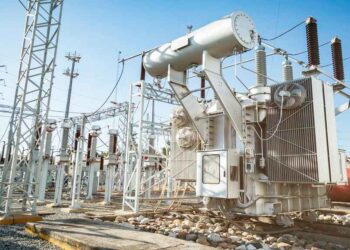The European Commission has unveiled the European Solar Academy, the first of several EU Academies planned under the Net-Zero Industry Act- NZIA to cultivate the workforce and skills required for net-zero technology sectors.
NZIA academies are tasked with creating educational content and programs in collaboration with the industry.
Projections indicate that the photovoltaic- PV manufacturing sector will require 66,000 skilled workers by 2030 for the EU to achieve its renewable energy goals while maintaining industrial competitiveness. The Solar Academy aims to train 100,000 workers in the solar sector over the next three years to bridge the existing labor and skills gap.
Following the model of the European Battery Academy launched in 2022 for the battery value chain, the Solar Academy will collaborate with industry stakeholders to design educational content and develop learning credentials. These credentials will certify the skills acquired through training courses, enhancing workforce mobility across the Single Market.
Program deployment will be carried out through local partners, including Vocational and Educational Training- VET providers, businesses, universities, and other educational institutions, with whom the Academy will contract to deliver its programs.
The Commission is supporting the European Solar Academy with €9 million from the Single Market Programme. The project will be executed by the European Institute for Innovation and Technology- EIT through its Knowledge and Innovation Community, EIT InnoEnergy.
This initiative is the latest effort by the Commission to support the EU’s ambitious goals under the European Green Deal and the REPowerEU Plan, ensuring the industry remains resilient and competitive globally.
Thierry Breton, Commissioner for Internal Market, expressed that boosting solar PV manufacturing in Europe is crucial for energy security, competitiveness, and resilience. He highlighted that the launch of the Solar Academy shows the Commission’s dedication to reducing emissions while creating quality jobs in the EU. Breton noted that by addressing the urgent skills gap in the solar PV sector, the Academy aims to train a new generation of workers, aligning with the objective to manufacture at least 40% of the EU’s net-zero technology needs by 2030.
Commissioner for Energy Kadri Simson emphasized that solar power is central to Europe’s energy transition, with significant potential to create jobs across the continent in various stages of the industrial supply chain, including design, manufacturing, installation, and maintenance. She pointed out that the Net Zero Academy will help European workers embrace this opportunity and support the ambitious REPowerEU goals.





































